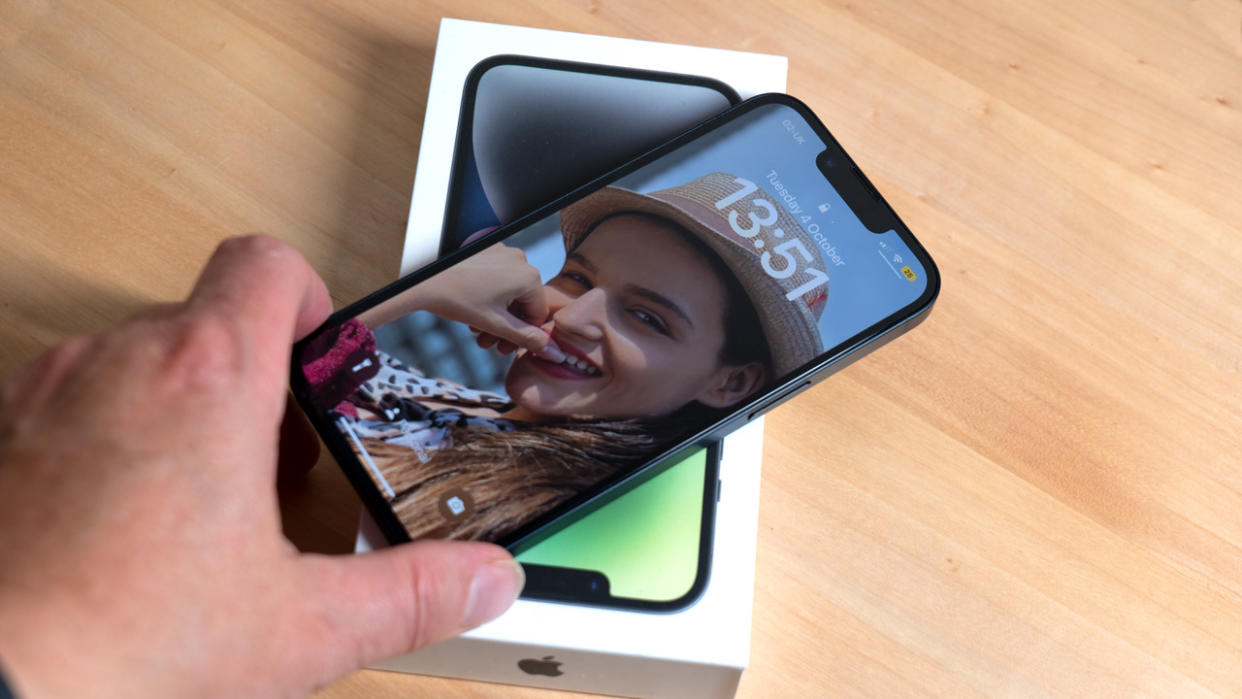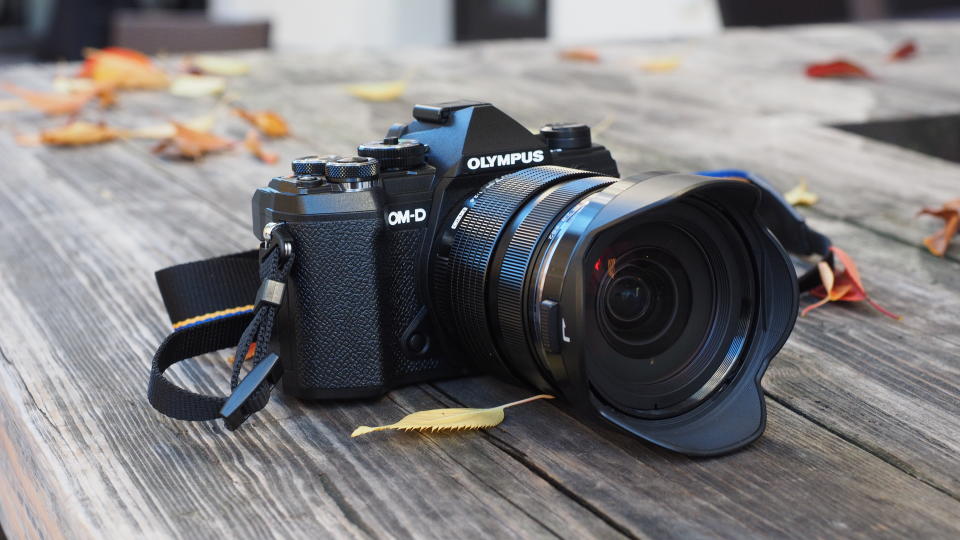I'm fed up being told mirrorless cameras are a smartphone upgrade. They are not!

The reasons why mirrorless cameras might be considered 'better' than smartphones are pretty clear. The sensors are larger and produce much better image quality and you can swap lenses for ultra-wide or telephoto shots and more. You have much more manual control for advanced shooting techniques, and the larger sensors mean longer focal length lenses which bring shallower depth of field and a much more filmic or cinematic look.
The best mirrorless cameras are easily capable of professional stills and video capable, of a quality that has perhaps eroded the market for the best medium format cameras and even the best cinema cameras. And yet this quality comes at a cost.
As for the humble smartphone, well, there seems to be an assumption that mirrorless cameras are obviously and by definition better in every way than even the best camera phones, and that while a smartphone might be OK for beginners, that anyone serious about their craft should upgrade to a mirrorless camera.
But nobody ever talks about the ways that mirrorless cameras are worse.

Bigger isn't always better
I think that for a modern photographer or content creator it's only fair to point out not just what you're gaining when you step up to a mirrorless camera, but also what you're giving up:
1. Integrated cellular connectivity
With a phone you can share any image via social media immediately. With a mirrorless camera you have all the pain of setting up the Wi-Fi, the app, and juggling two devices for image transfer, just to get to where you were already with a smartphone camera.
2. Computational imaging
With your phone you can shoot a panorama stitched seamlessly in real time. You can capture noise free images in near darkness with exposure-blending night modes, you can capture realistic HDR images without clunky exposure bracketing and merges. Mirrorless cameras need to catch up.
3. A big, bright screen
The phone I'm holding now has a 6-inch screen; the mirrorless camera on my desk has a 3-inch screen. My phone isn't just a camera, it's a device I can also use for editing and viewing or 'consuming' my images. My camera is just a capture tool.
4. Powerful shooting and editing apps
Your phone's in-built camera will come with many different filters and effects, and you can get a lot of low-cost apps that combine advanced camera modes with powerful editing tools. My phone has Google's excellent free Snapseed app, no longer available on desktop computers, and which has no equivalent on any mirrorless camera.
5. No-fuss focusing
Much of the hoo-hah around the latest generation of mirrorless cameras surrounds AI focusing systems. But the bigger sensor and shallower depth of field creates focusing issues that smartphones just don't have.
6. Always-there pocketability
I'm guessing that everywhere you go, your phone goes too. It's the ultimate go-anywhere camera that you always have with you. Even the best travel cameras are many times the size and often not convenient to carry around, especially for relaxed social events or simple trips out.

Phone fans will no doubt give me many more examples of phone advantages I've forgotten, and mirrorless fans will no doubt tear me to shreds for not championing 'proper' photography.
I do in fact consider myself a 'proper' photographer and almost all of what I do is with a 'proper' camera. But that doesn't make me blind to the advantages of smartphones, and I wouldn't be doing my job if I didn't point out to any phone fans thinking of upgrading, that a mirrorless camera will do more... but it will also do less.

